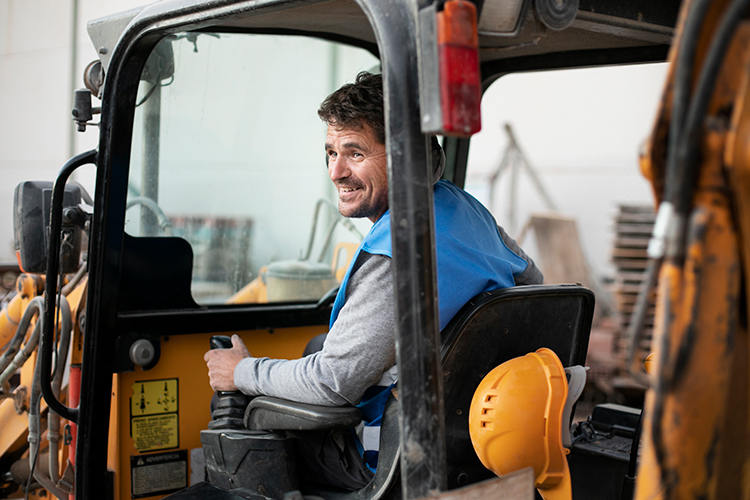
Working outdoors can be incredibly rewarding, allowing individuals to enjoy fresh air and natural surroundings. However, it also presents unique safety challenges that need to be addressed to ensure a safe and healthy work environment.
From dealing with unpredictable weather to ensuring personal protection, this article provides essential tips for staying safe while working outdoors in the UK.
Understanding Weather Risks
The UK’s weather can be unpredictable, varying greatly from one day to the next. It’s crucial to stay informed about the weather forecast and be prepared for sudden changes.
When planning outdoor work, always have a contingency plan for extreme weather conditions like storms, heatwaves, or heavy rain. Investing in reliable outdoor gear, such as waterproof clothing and sturdy footwear, is essential to protect against the elements.
Utilising Outdoor Equipment
When working outdoors, having the right equipment is vital for safety.
TFH Gazebos, for instance, offer a practical solution for outdoor workspaces, providing shelter from the sun and rain. These structures can be an invaluable addition, especially during long hours of work in varying weather conditions.
Additionally, using high-visibility clothing and protective gear, such as hard hats and gloves, ensures that workers are both visible and protected from potential hazards.
Managing Sun Exposure
One of the biggest risks when working outdoors is prolonged exposure to the sun. It’s essential to take regular breaks in shaded areas and stay hydrated.
Sunscreen with high SPF should be applied regularly, and wearing hats and sunglasses can help protect against UV rays. Remember, sunburn and heatstroke are not only painful but can also lead to long-term health issues.
Handling Tools and Machinery Safely
Using tools and machinery is often a part of outdoor work. It’s crucial to ensure that all equipment is in good working order and that workers are trained to use them safely.
Regular maintenance checks should be a part of the routine, and any faulty equipment must be reported and replaced or repaired immediately. Always wear appropriate safety gear, such as gloves and eye protection, when using tools or machinery.
Wildlife and Environmental Hazards
The UK’s wildlife, while generally not dangerous, can still pose risks, particularly in rural areas. Be aware of potential hazards like insect bites, which can be mitigated by using insect repellents and wearing long-sleeved clothing.
Additionally, be mindful of the natural terrain and watch out for trip hazards like uneven ground or hidden obstacles.
Staying Hydrated and Nourished
Maintaining hydration and energy levels is vital, especially when working physically demanding jobs outdoors.
Drink plenty of water throughout the day, and bring nutritious snacks to maintain energy levels. Avoid heavy meals that might cause lethargy, especially during warmer weather.
Emergency Preparedness
Always have a first aid kit on hand and ensure that workers know basic first aid procedures. In case of an emergency, it’s important to have a clear plan and know how to contact emergency services quickly. Workers should be aware of the location of the nearest hospital or medical facility.
Mental Well-Being
Working outdoors can be isolating, so it’s important to consider mental well-being. Regular breaks and social interaction, even if brief, can help maintain a positive mental state. Encourage open communication among workers to ensure that any concerns or issues can be addressed promptly.
Embracing the Great Outdoors Safely: Wrapping Up
In conclusion, working outdoors offers a myriad of benefits but also comes with its own set of challenges. By understanding and preparing for these challenges, you can ensure a safe and productive work environment.
related post

Leave a Reply